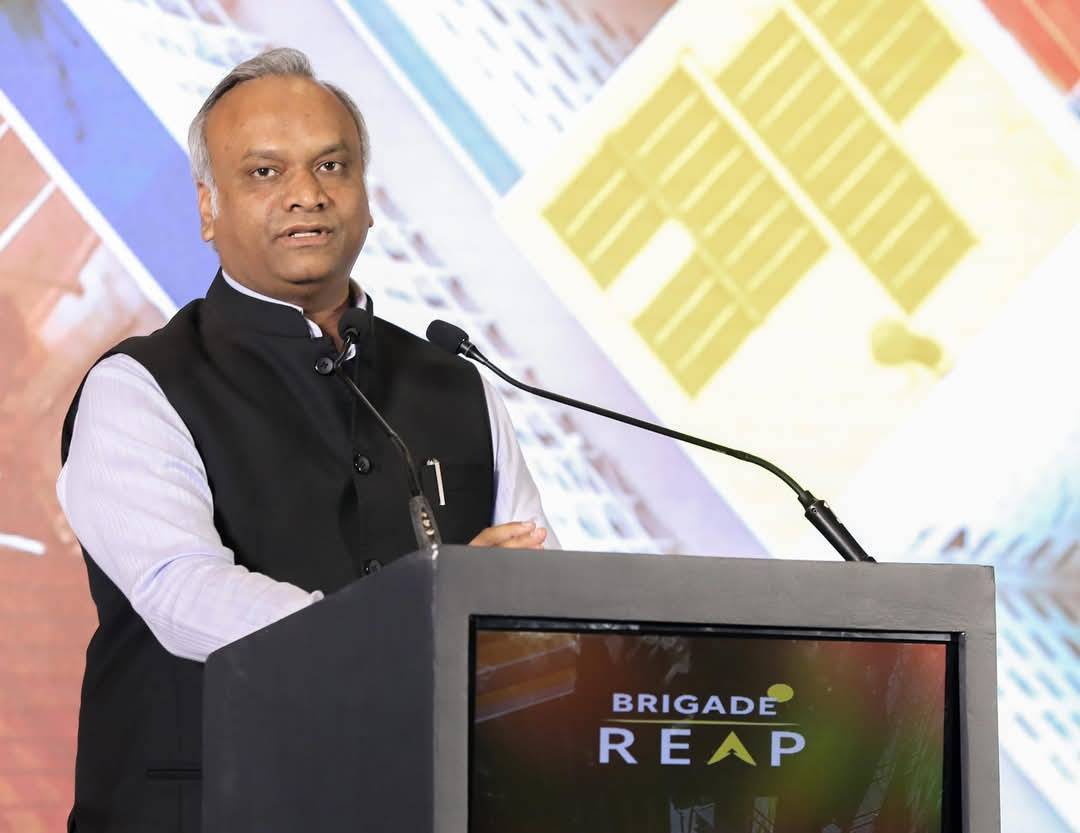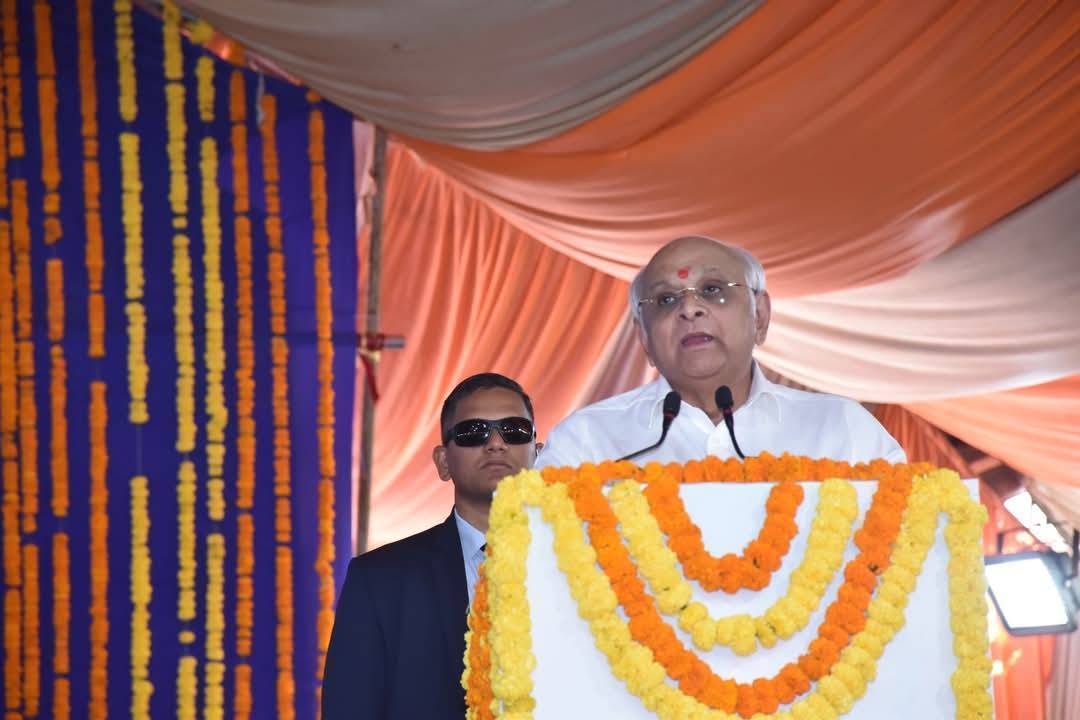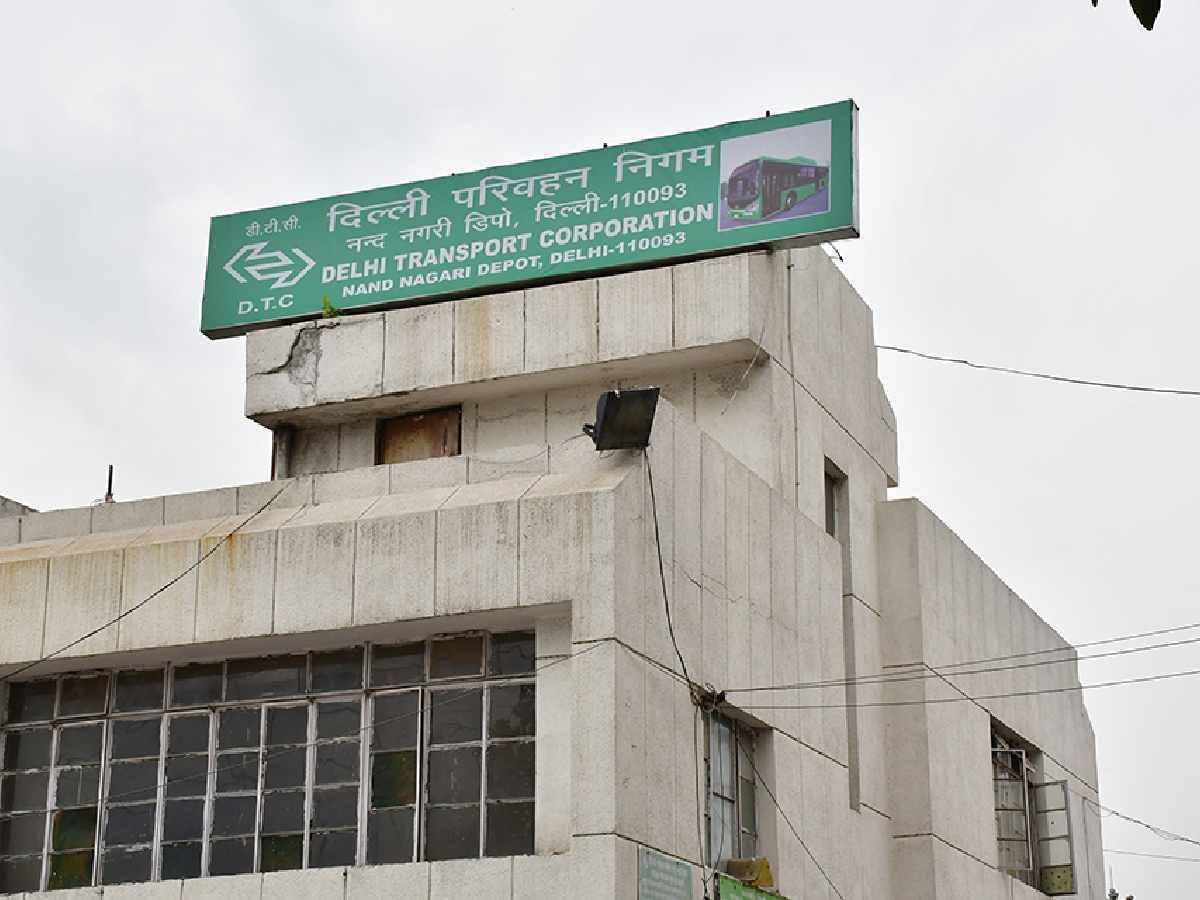At Propagate 2024, a key real estate technology event in Bengaluru, Priyank Kharge, Karnataka’s Minister for IT and Biotechnology, introduced plans to launch India’s first Circular Economy Policy. This initiative aims to promote sustainable practices in construction and urban development, setting Karnataka on a path to lead environmentally responsible growth in the real estate sector.
The new policy will mandate that 20% of all construction materials in the state be sourced sustainably. Kharge explained that this move is crucial as the real estate sector, which contributes about 7.3% to India’s GDP, is experiencing rapid growth. He also emphasized the government's commitment to fostering innovation while ensuring that this growth aligns with sustainability goals.

Focus on PropTech and Real Estate Growth
The event emphasized the important role of PropTech (property technology) in transforming the real estate industry. Brigade REAP, Asia’s first real estate tech accelerator, has been a key player in mentoring startups to develop practical technology-driven solutions for the real estate sector. Since its inception seven years ago, Brigade REAP has become a platform for collaboration between builders, startups, investors, and government officials.
Nirupa Shankar, Joint Managing Director of Brigade Group, reflected on the significant evolution of PropTech. The event, which began as a small gathering, has now grown to attract over 900 participants, fostering discussions on how technology can enhance various aspects of real estate, from planning and construction management to safety and sustainability.
The focus at Propagate 2024 was on integrating technology not just for efficiency but also to ensure that environmental considerations are central to the growth of the industry. These developments align with the goals of the Circular Economy Policy, which is designed to drive sustainable urban development.
Technology’s Role in Real Estate
A key topic discussed at the event was the potential of blockchain technology to revolutionize the real estate sector. Blockchain can improve transparency in property transactions, streamline land registration processes, and enable tokenized ownership. By reducing reliance on intermediaries, blockchain offers faster and more efficient transactions, which aligns with Karnataka’s push to strengthen its digital infrastructure, including platforms like UPI and DigiLocker.
Additionally, the role of artificial intelligence (AI) in optimizing construction processes and ensuring compliance with environmental standards was also emphasized. AI can help monitor construction practices, optimize resource use, and ensure adherence to sustainability regulations. Together with the sustainability mandate, these technologies are expected to position Karnataka as a leader in eco-friendly urban development.
Amit Kumar, Senior Executive Vice President at Kotak Bank, also shared insights on the importance of technology in improving real estate operations. He highlighted the significant role that blockchain can play in streamlining property transactions, land registration, and tokenized ownership, further supporting the state’s efforts in creating more efficient and transparent real estate systems. Kumar’s perspective on AI and India’s digital infrastructure emphasized how these advancements, paired with PropTech, can transform the sector, making it more responsive to sustainability goals while improving operational efficiency.
Sustainability as a Growth Driver
The Circular Economy Policy reflects the government's focus on aligning economic growth with environmental goals. The policy is designed to attract investments in sustainable technologies and address the need for responsible urban development. Karnataka’s favorable policies, skilled workforce, and collaborative ecosystem put the state in a strong position to implement the policy effectively.
Mr. Kharge’s announcement highlights the state’s vision for a growth model that balances economic progress with sustainability. However, the success of the policy will depend on the active collaboration of government agencies, industry players, and technology providers. Overcoming challenges such as cost implications, supply chain readiness, and industry adoption will be critical to the policy’s success.
The launch of the Circular Economy Policy at Propagate 2024 marks an important step for Karnataka’s real estate sector. By mandating the use of sustainable materials and promoting the adoption of technology, the state is taking a leadership role in responsible urban development. Successful implementation will require close collaboration among various stakeholders. If executed well, this policy can set a benchmark for other states in promoting sustainable growth while fostering innovation in the real estate sector.
Image source-facebook.com









.png)